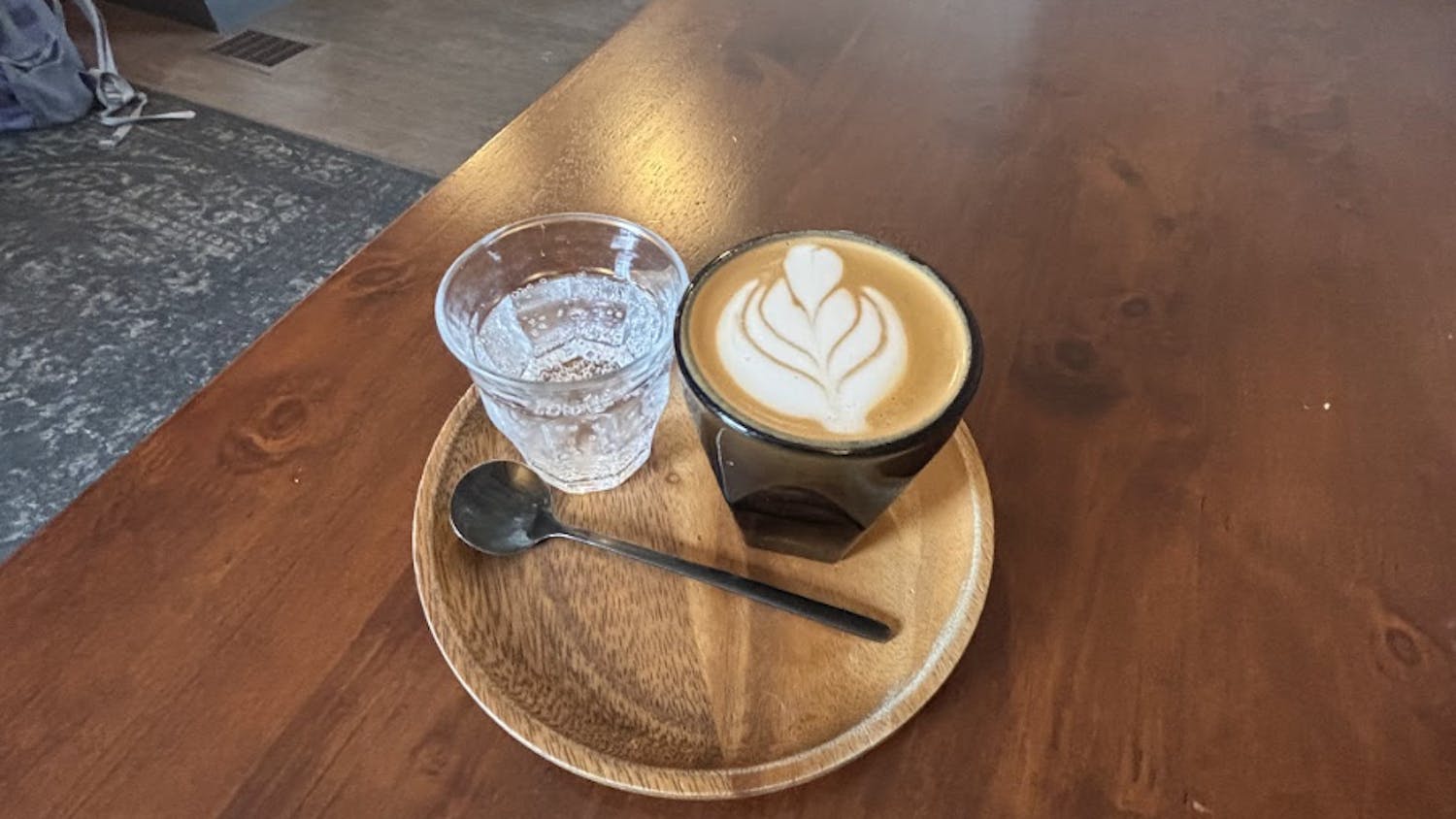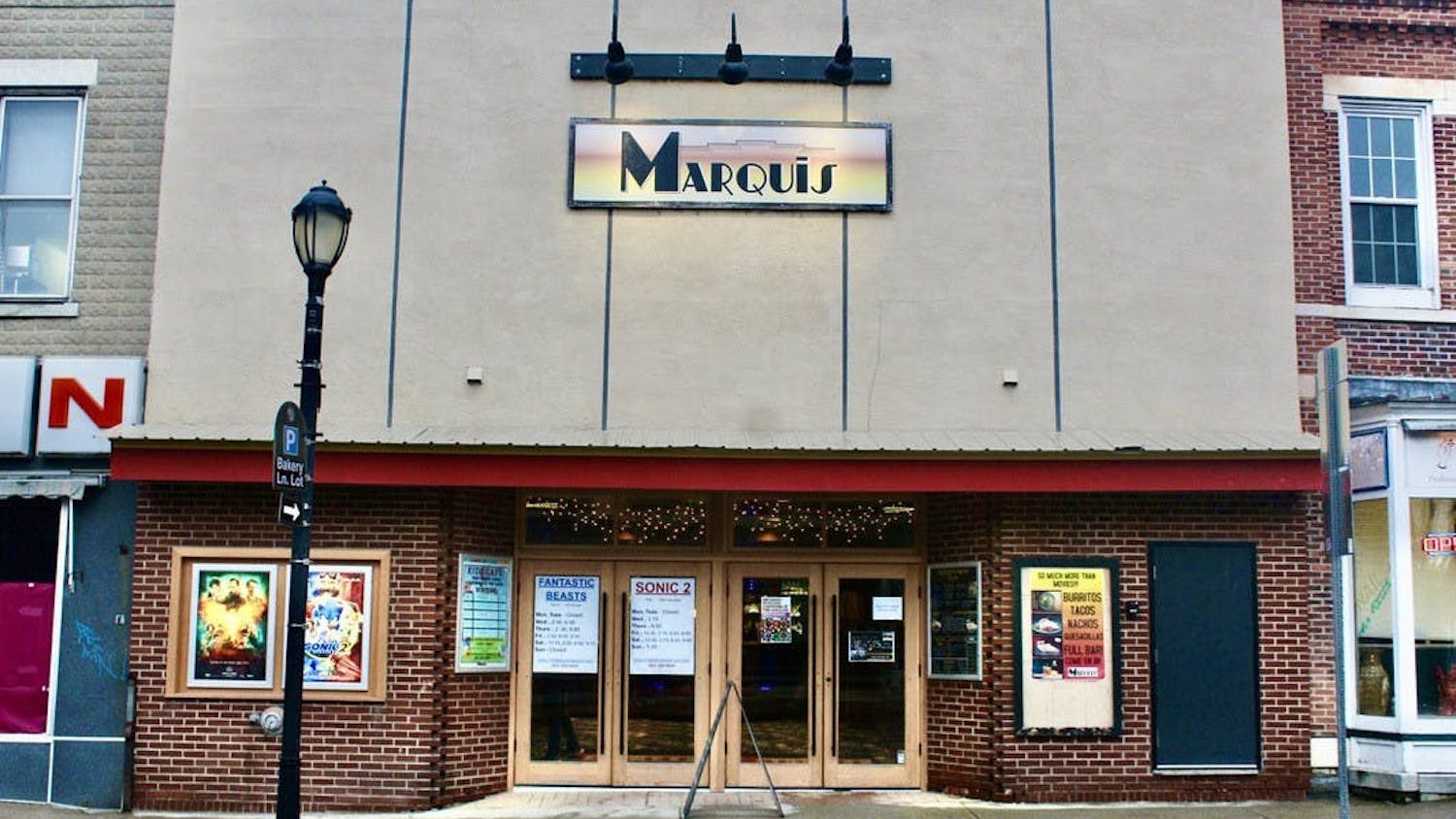The end of February and beginning of March mark the start of the tapping season in Vermont, the time for extracting as much sweet goodness as possible from maple trees. All over the state, and as close as right next door, Vermonters collect maple sap and turn it into syrup.
College Professor Emeritus John Elder owns Maggie Brooks Sugarworks in Starksboro, Vt. The land Elder owns and taps for maple syrup is called a sugarbush. Fifteen years ago, Elder became interested in the sustainable forestry movement, prompting a land purchase.
“We wanted to buy a piece of land to help with the forestry movement, and found a piece of woodland filled with sugar maples,” said Elder.
After purchasing 142 acres in Starksboro, he began talking to people in the area to learn how to make maple sap into syrup. With the help of his two sons, Caleb and Matthew, who had learned about sugaring at the Mountain School, Elder began Maggie Brooks Sugarworks. They created a new family tradition that he hopes will continue on through the generations. Matthew’s twin four-year-olds are already big helpers.
Elder also learned a lot about the history of sugaring in Vermont. Originally, the state’s farmers used maple sap to make sugar, which allowed them to avoid white sugar, a staple in U.S. agriculture. Having access to maple sugar also proved consistent with Vermonters’ political views; many opposed slavery, and since cane sugar was produced with slave labor, Vermont’s maple industry was one way not to have to depend on it. The process of making maple sap into sugar is essentially the same as making maple syrup, only with a few additional steps and more evaporation. Nowadays few people make sugar, but the tradition of making maple sap into an edible treat is still strong in Vermont.
Sugaring is a relatively simple process. Forty gallons of sap makes one gallon of maple syrup. The trees can be tapped with buckets to collect syrup, or hoses can funnel all the sap into the building housing the evaporators. Evaporators are long pans with fire concentrated directly underneath to keep the pan boiling. After the sap has sat in the evaporator for several hours, syrup appears. Maggie Brooks Sugarworks uses wood to heat the evaporators, although larger operations often use oil fired evaporators and use reverse osmosis to reduce the water content of the sap before it boils. For Elder, the main attraction was the purity of the product he was creating. “Maple syrup is a whole food. There is only one ingredient; nothing is taken out but water,” said Elder.
Over the course of the past 13 years, Elder has become a bit of an expert in all things maple. At his sugarbush this year they began tapping the first week of March. There are about 500 trees, and it took two weekends to get all of them ready. The sap runs from late February into the second or third week of April, usually about five weeks. Once all of the sap has run and the process is complete, Elder and his family pack it to be sold.
“The main way we sell syrup is to put a big sign in the front yard; we sell a lot from the front porch of our house,” said Elder. Maggie Brooks Sugarworks also sells at the bookstore at Breadloaf. Because of his fascination with sugaring, Elder even wrote a book about his experiences, The Frog Run.
It is called ‘the frog run’ because the first frogs come out and begin to sing at the start of spring, also the end of the maple syrup season.
“When the buds open on the trees, it affects the flavor of the sap so we know we’re at the last part of the season,” said Elder, explaining the title.
Although he believes maple syrup as a product is worth all the effort, Elder does it for many other reasons. The purity of the product, the minimal impact on the environment and the benefits to using the land for such a useful and simple food play a large part.
“The thing I like the most is that it’s a family activity,” said Elder. He works closely with his two sons and their families, and that makes the process even more enriching.
Churchill Franklin ‘71, runs Bread Loaf View Farm in Cornwall, Vt. and he and wife Janet are hosting an open house March 19 and 20. There will be breakfast of pancakes and sausage with copious amounts of maple syrup from 9 a.m. to 3 p.m. on Saturday, but guests can gather buckets of sap from 3 p.m. to 5 p.m. all weekend. They also offer horse-drawn wagon rides and a band for entertainment.
“It’s terrific, you can stop by for 10 minutes or four hours; you can tap, gather buckets and watch syrup being made,” said Franklin.
The Bread Loaf View farm is 30 acres, and they tap about 800 trees. They began tapping 3 weeks ago, and hope to have over 800 gallons of syrup by the end of the 5 week season. Franklin has strong ties to Middlebury, such as three children who graduated from the school and being a chair of the board of trustees.
“We love students, just love having them,” said Franklin.
Spring showers bring syrupy sweetness
Comments



